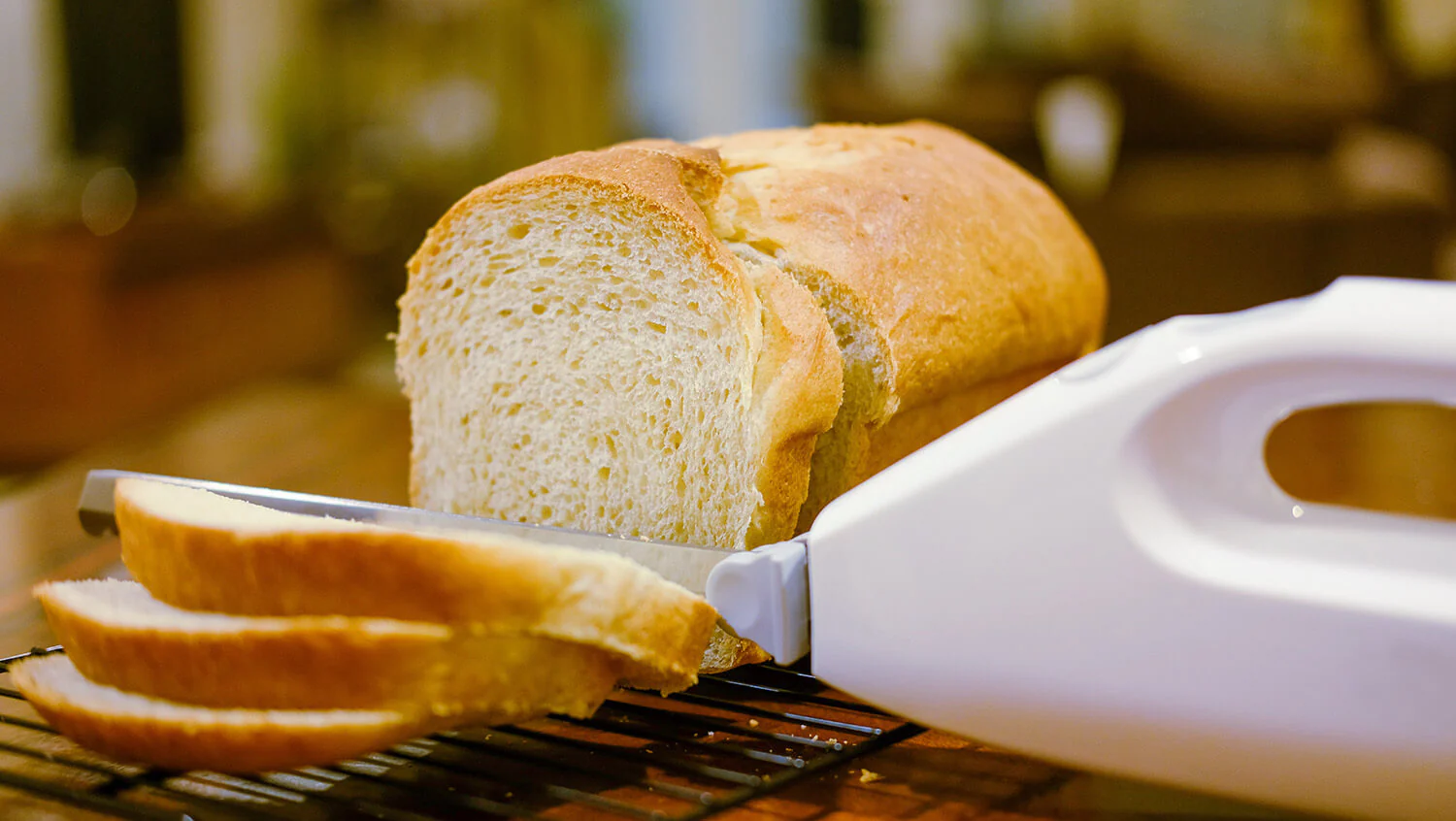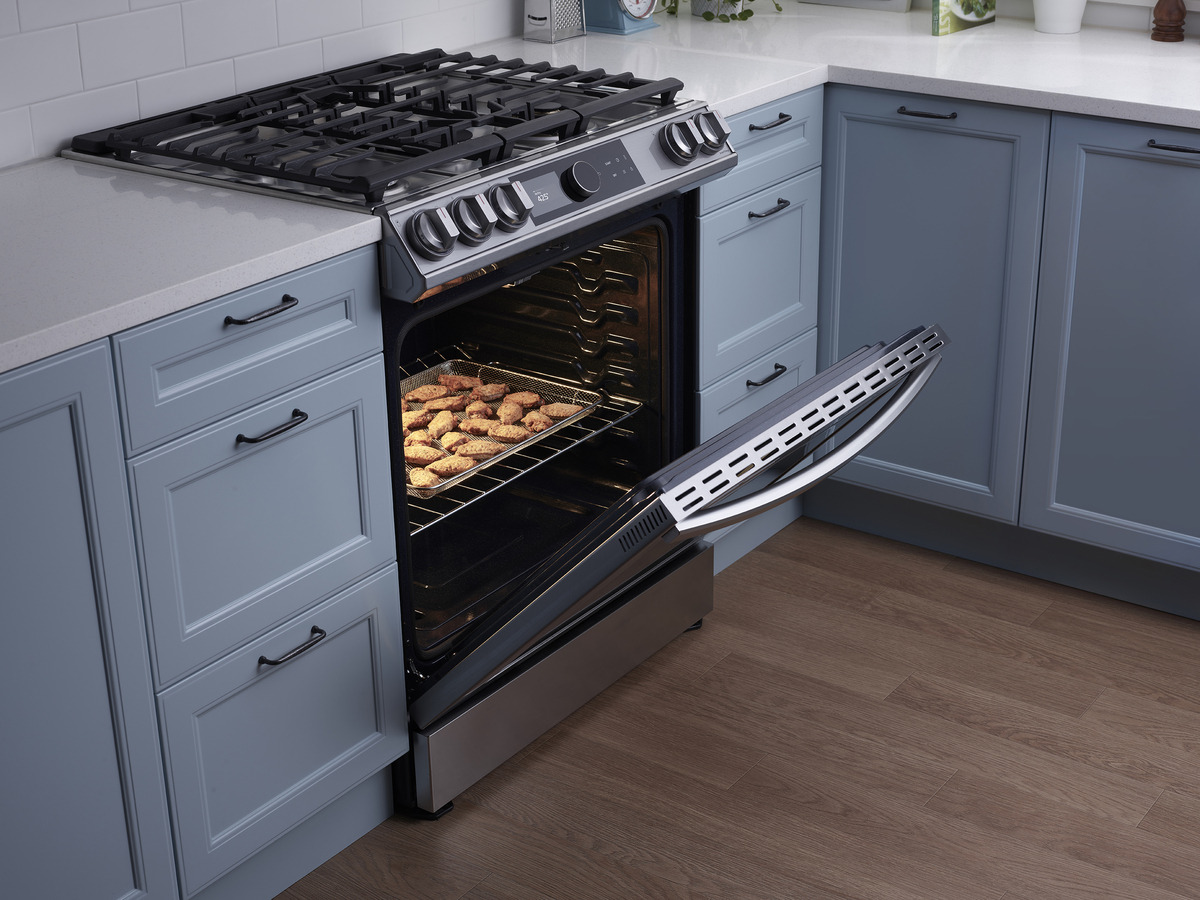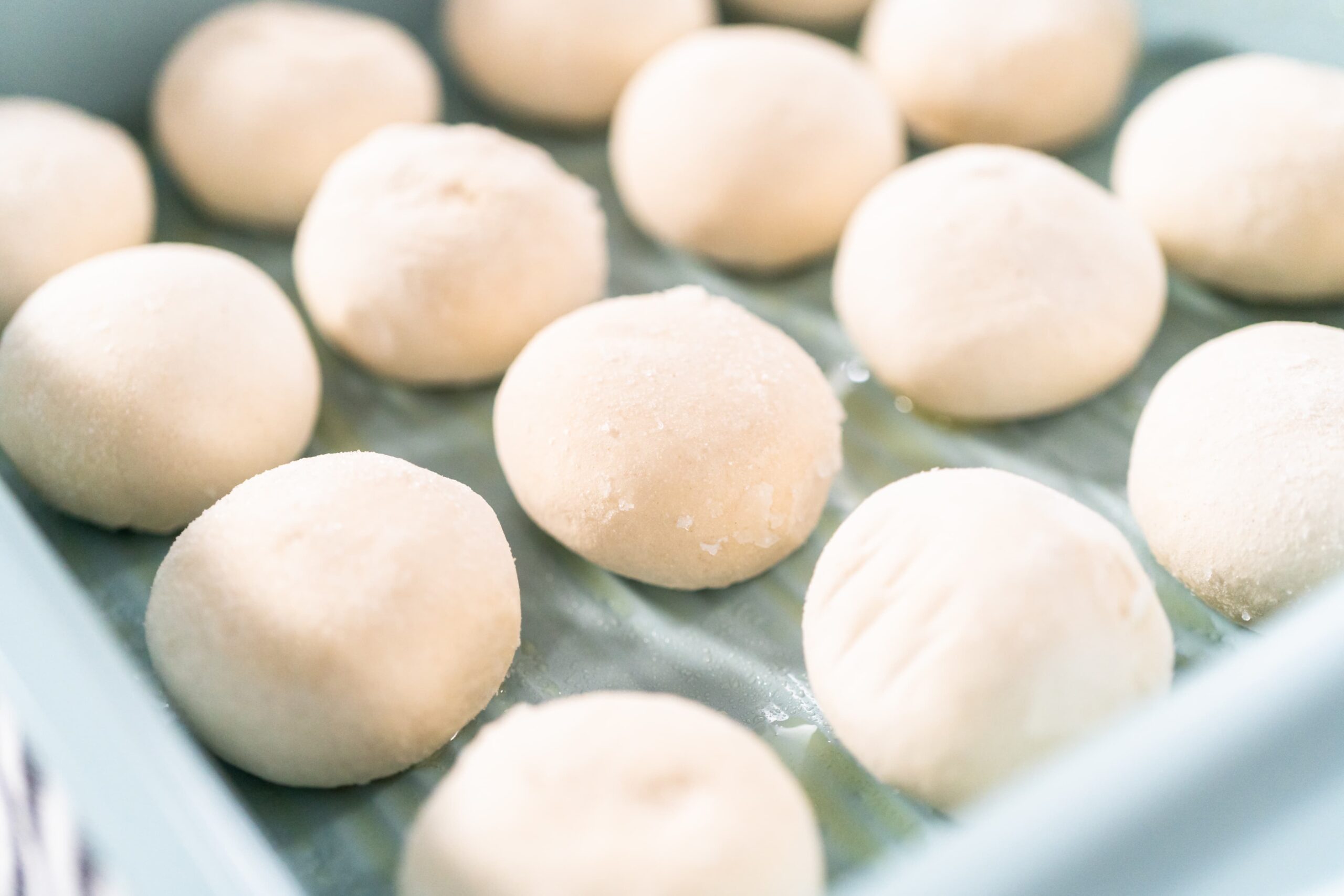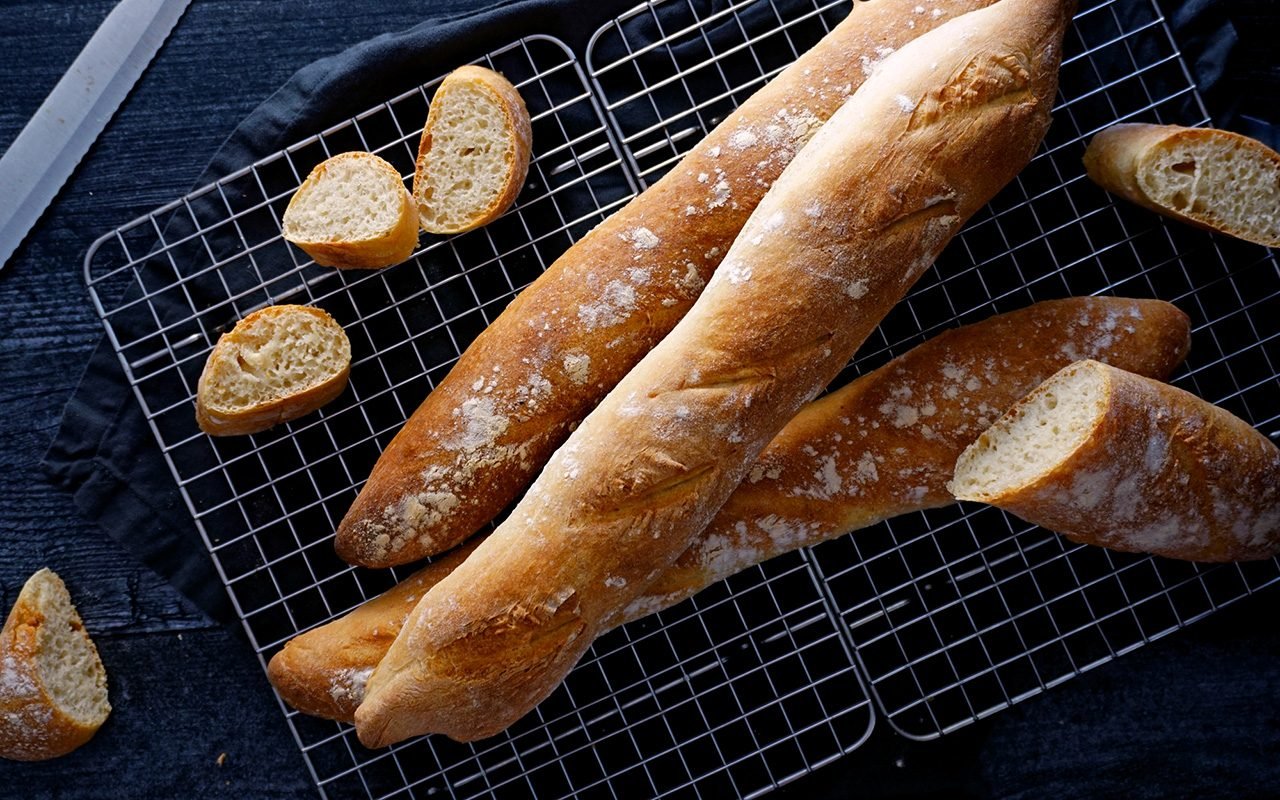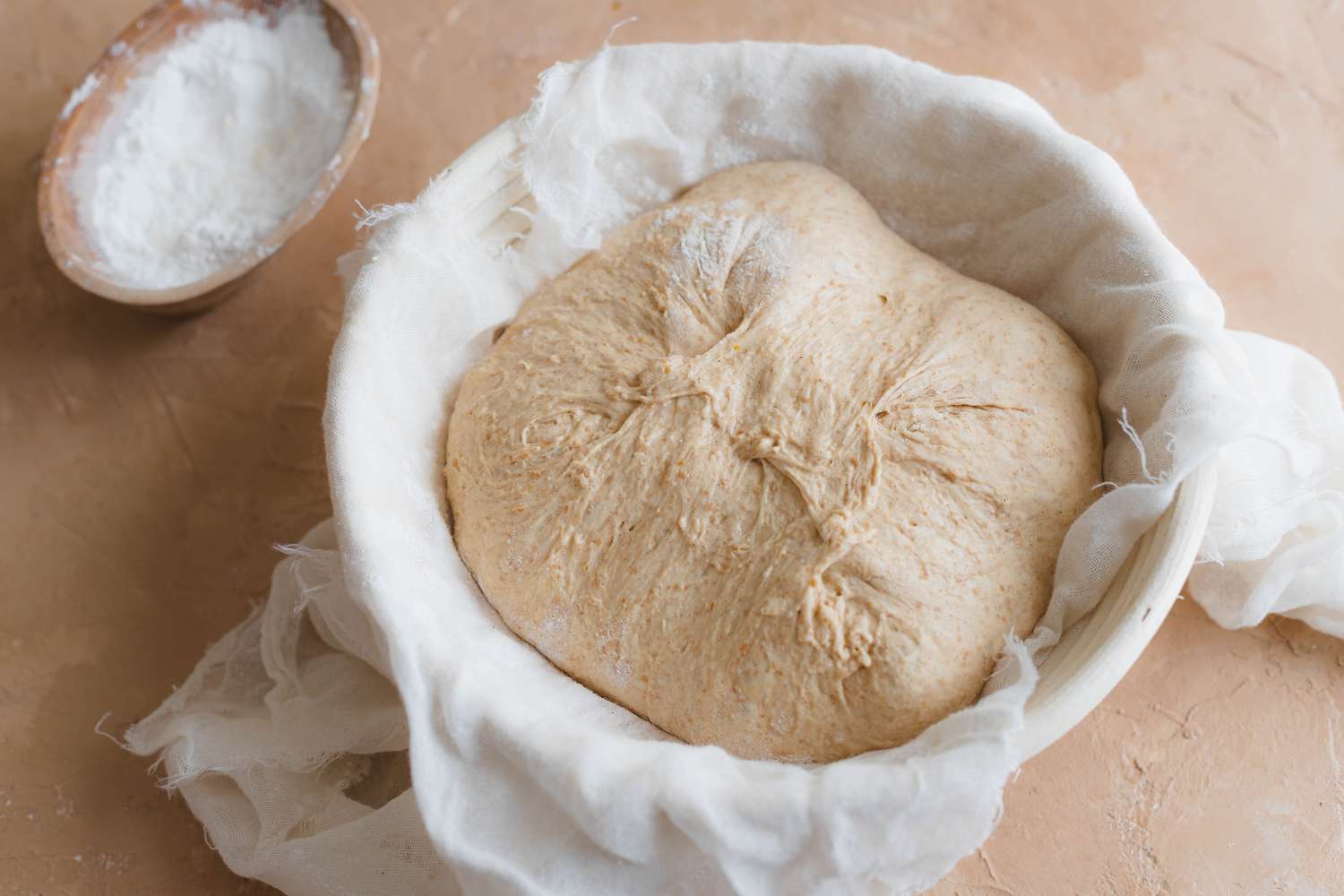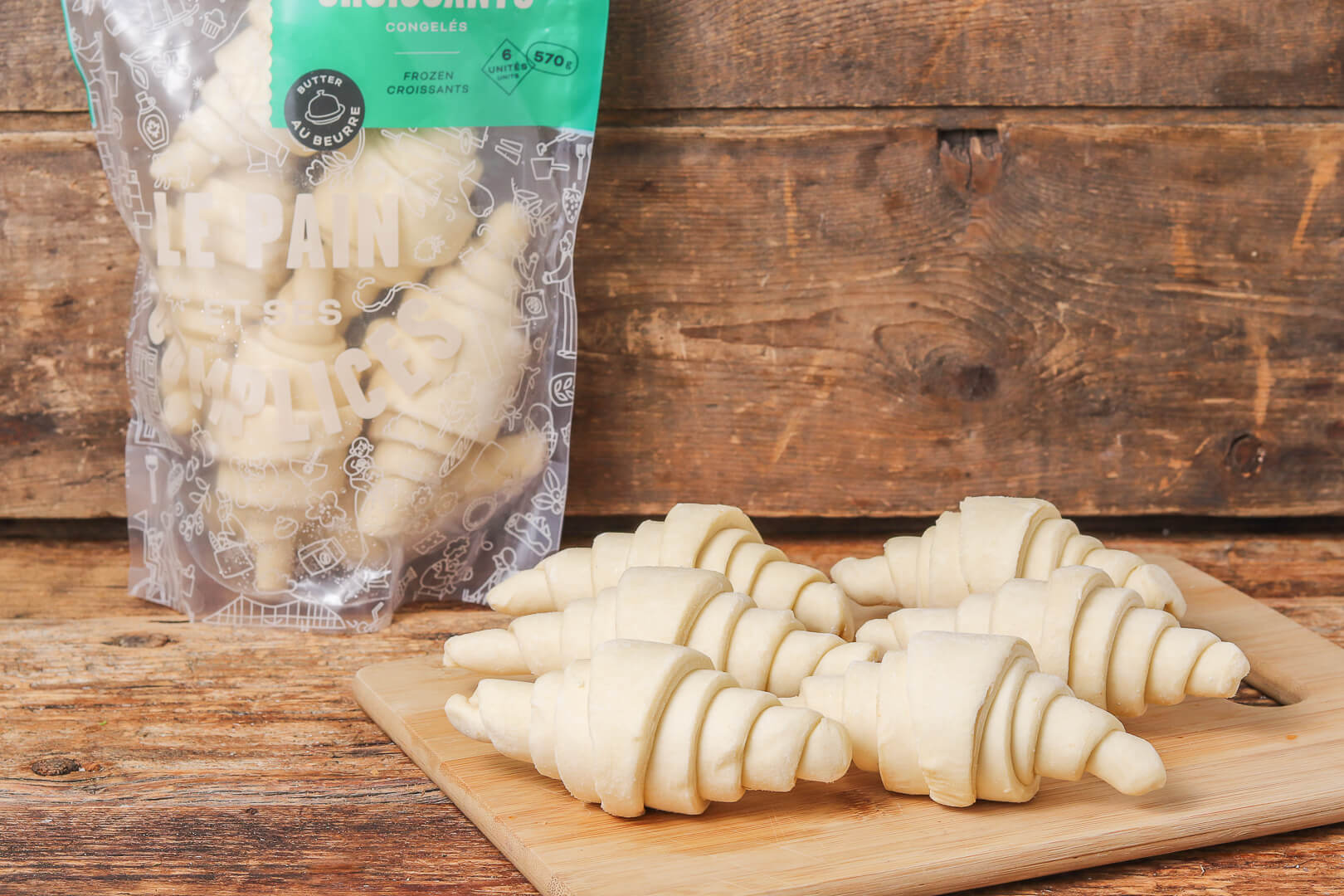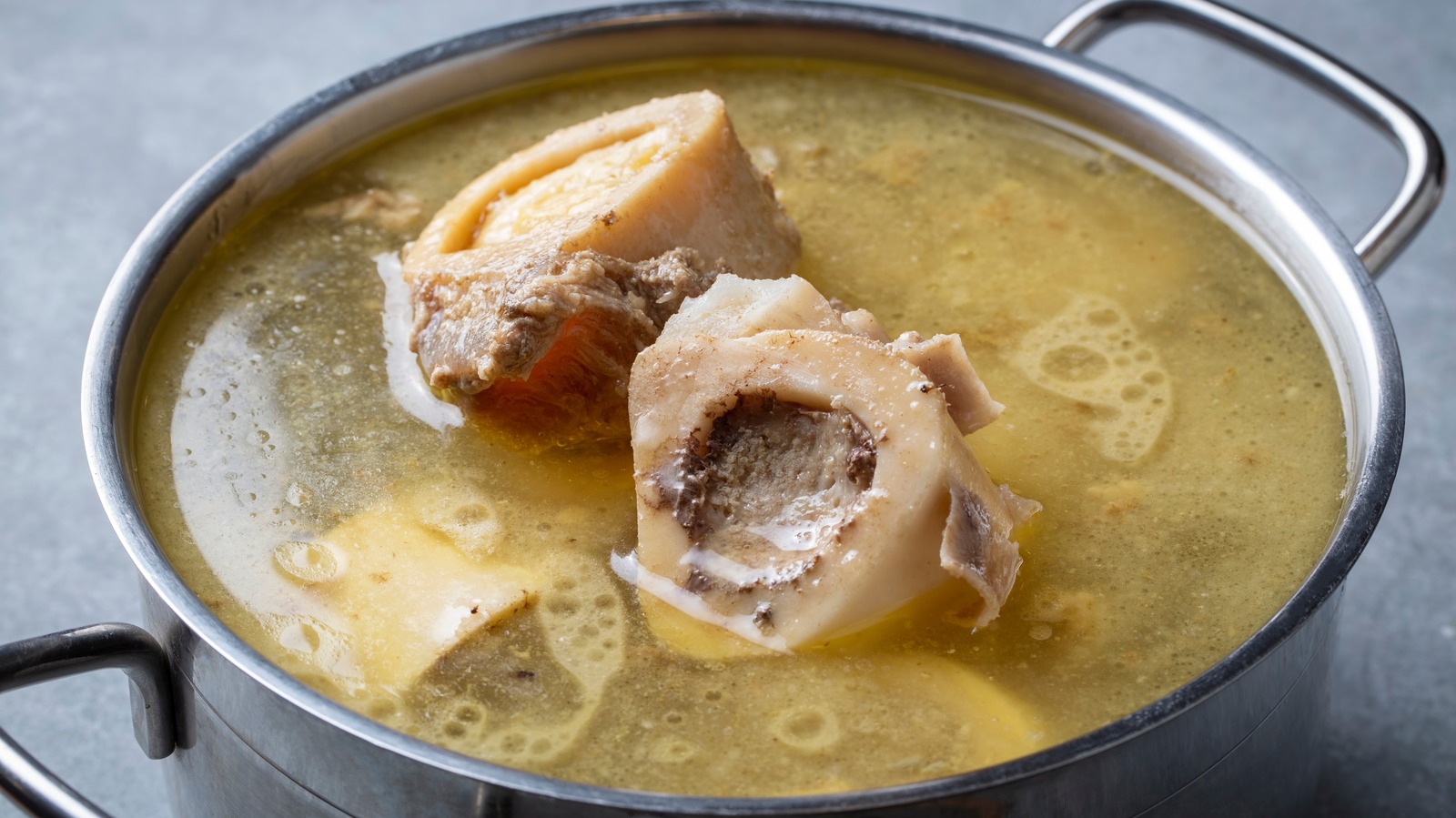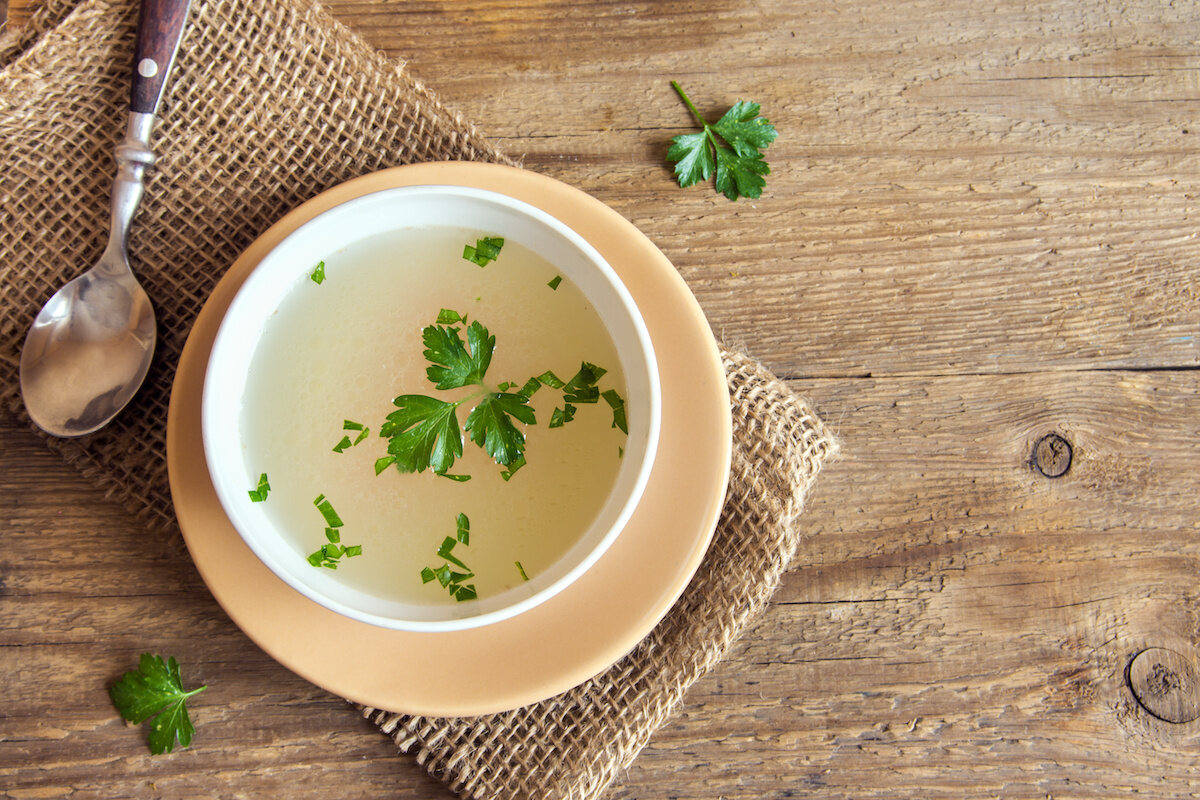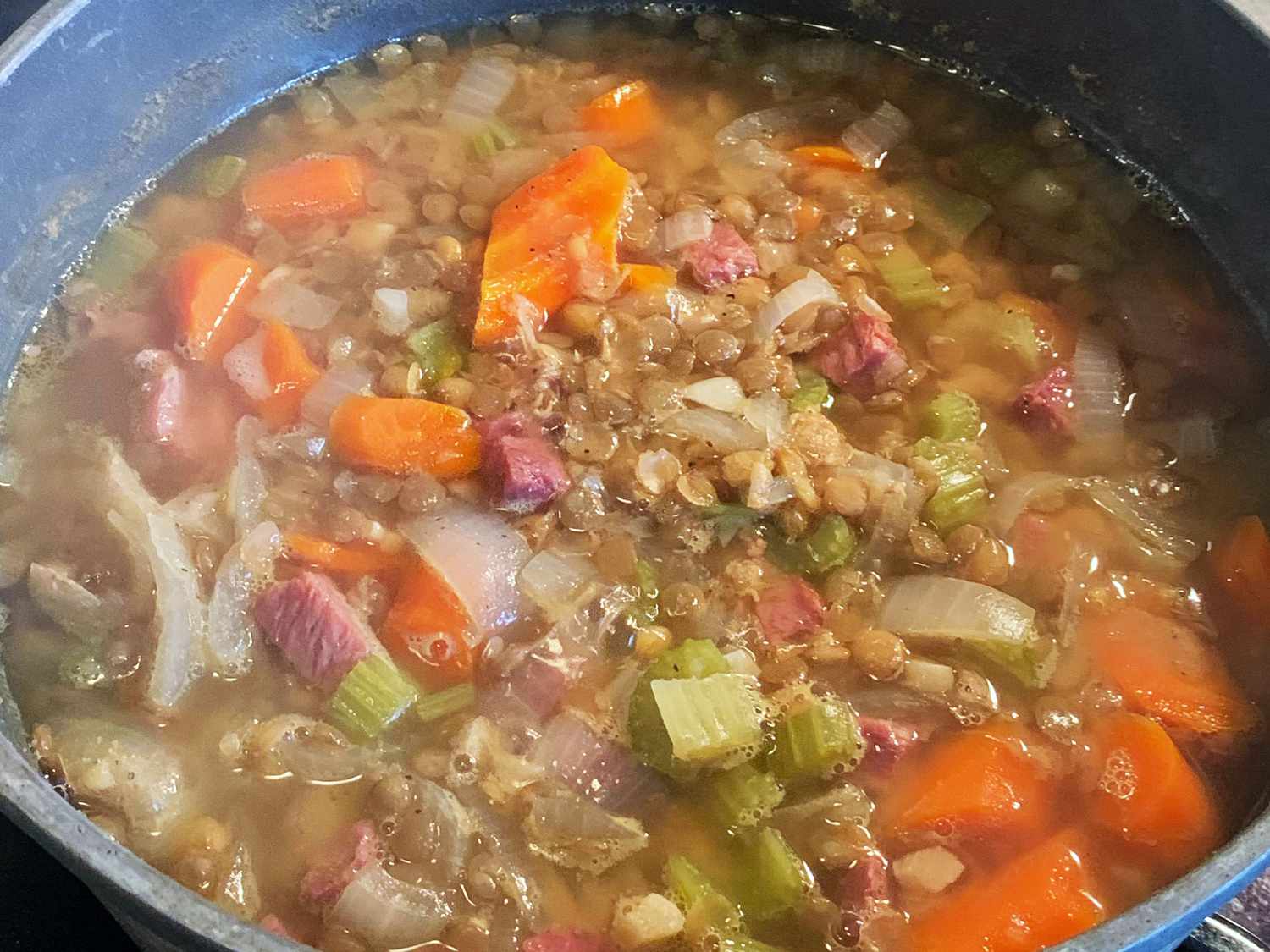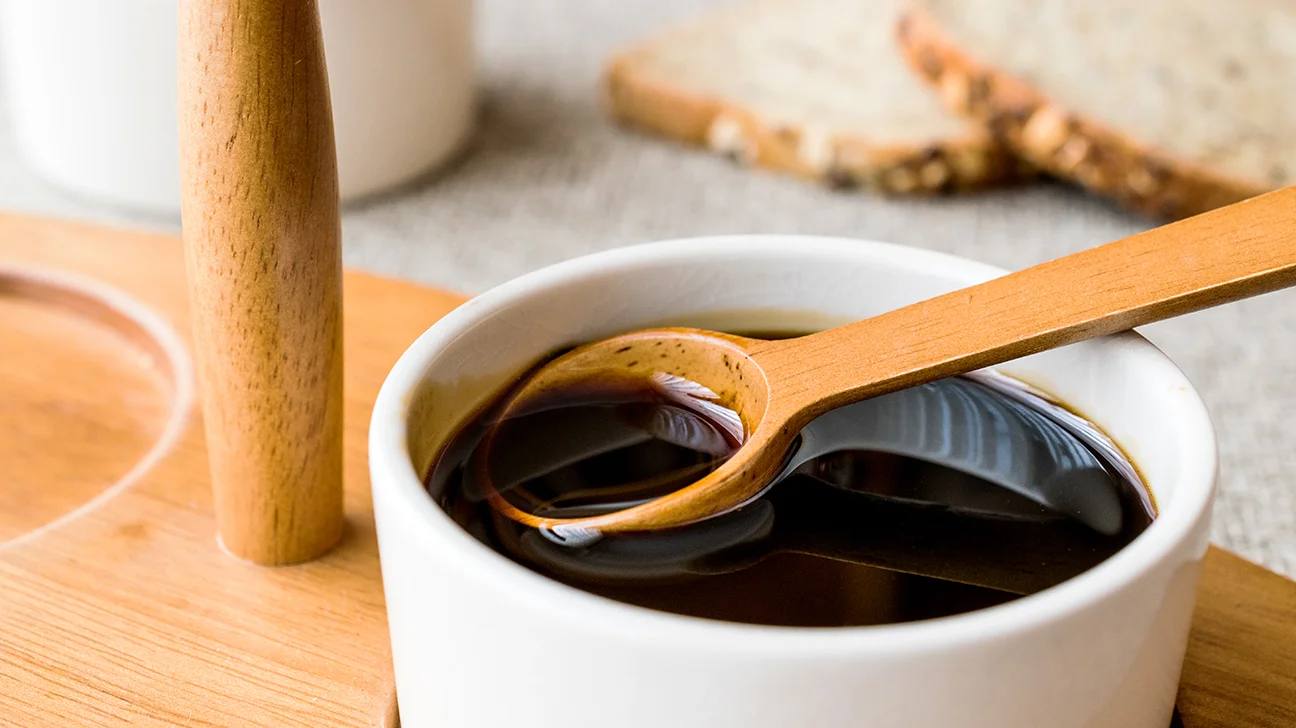Understanding the Importance of Proofing Baking Powder
When it comes to baking, using the right ingredients in the right way is crucial to achieving the perfect results. Baking powder is one such ingredient that plays a key role in helping baked goods rise and achieve a light, fluffy texture. However, to ensure that baking powder is still active and effective, it’s important to proof it before using it in your recipes.
What Does It Mean to Proof Baking Powder?
Proofing baking powder simply means testing its effectiveness before incorporating it into your baking. Over time, baking powder can lose its potency, leading to flat and dense baked goods. By proofing it, you can ensure that it is still capable of providing the leavening action needed to create light and airy textures in your baked treats.
How to Proof Baking Powder
Proofing baking powder is a simple process that can be done in just a few minutes. Here’s how to do it:
- Gather Your Ingredients: To begin, you’ll need a small bowl, 1 teaspoon of baking powder, and 1/3 cup of hot water.
- Combine the Ingredients: Place the baking powder in the bowl, then pour the hot water over it.
- Observe the Reaction: As soon as the hot water is added, the baking powder should immediately start to fizz and bubble. This reaction indicates that the baking powder is still active and can be used in your recipes.
- Use It Wisely: If the baking powder does not produce a noticeable reaction when mixed with hot water, it’s time to replace it with a fresh batch to ensure your baked goods turn out as intended.
Why Is Proofing Baking Powder Important?
Proofing baking powder is important because it allows you to verify its potency before incorporating it into your recipes. Using inactive baking powder can lead to disappointing results, such as dense cakes, flat muffins, and heavy biscuits. By taking the time to proof your baking powder, you can prevent baking mishaps and ensure that your creations turn out light, fluffy, and delicious.
Conclusion
While proofing baking powder may seem like a small step, it can make a big difference in the outcome of your baked goods. By following the simple process of testing its reactivity with hot water, you can ensure that your baking powder is still capable of providing the leavening action needed for successful baking. So, the next time you reach for the baking powder in your pantry, take a moment to proof it and set the stage for baking success!
Was this page helpful?
Read Next: How To Proof Bread Dough In Steam Oven
